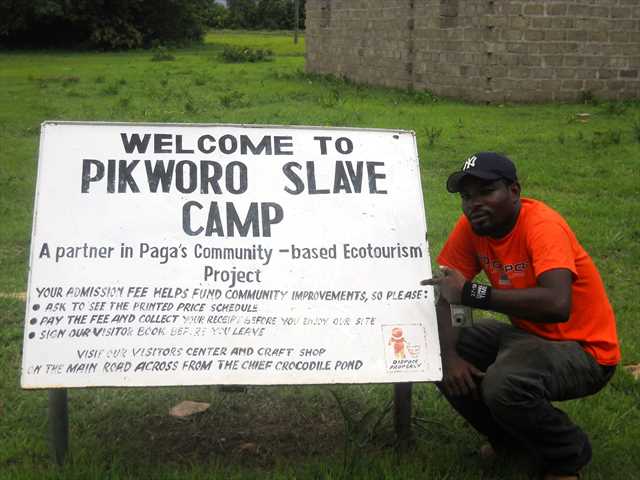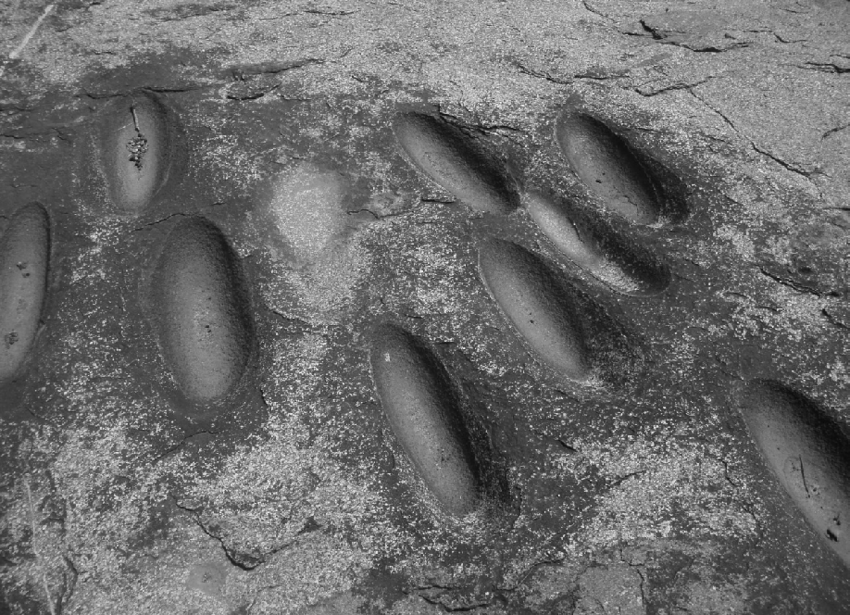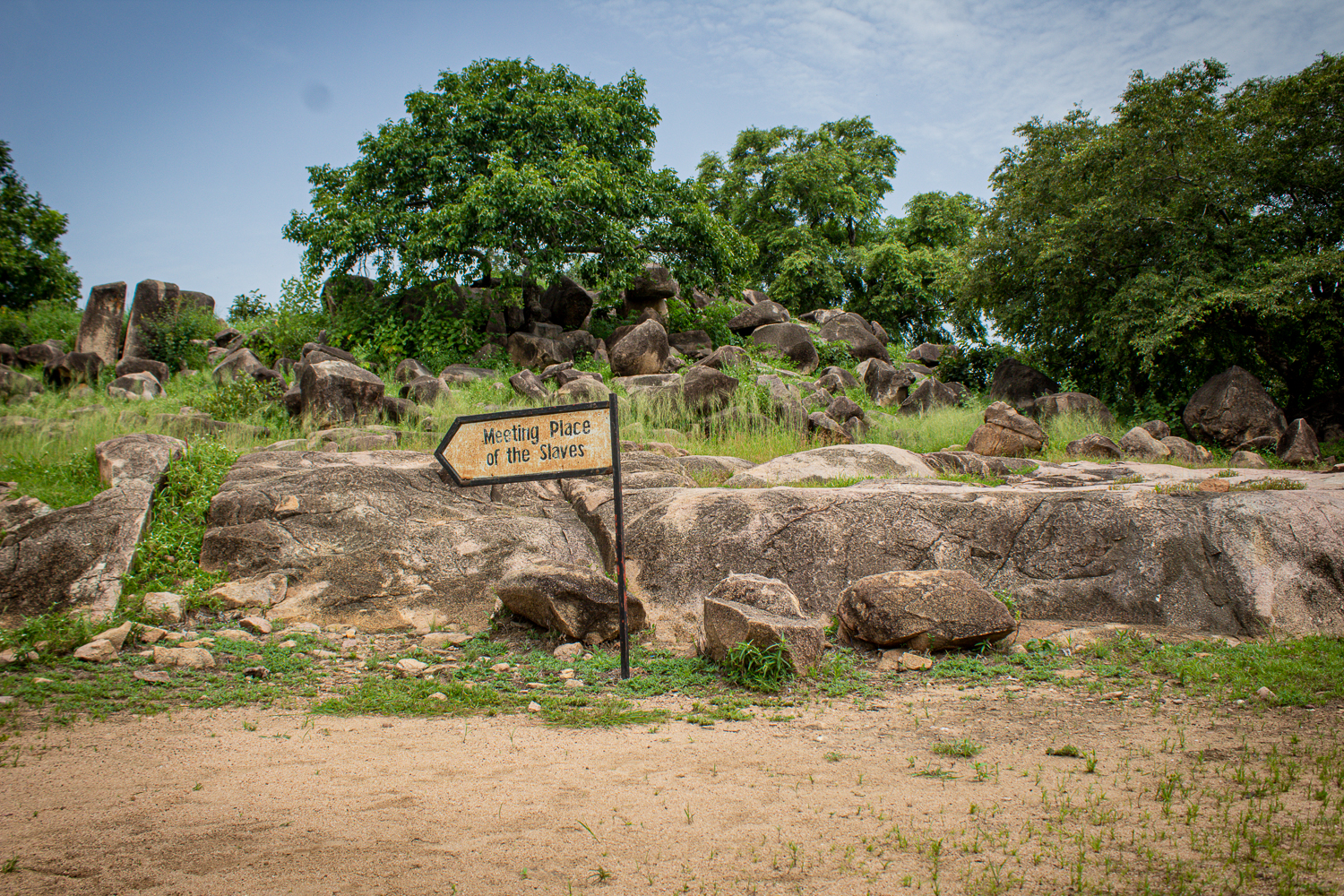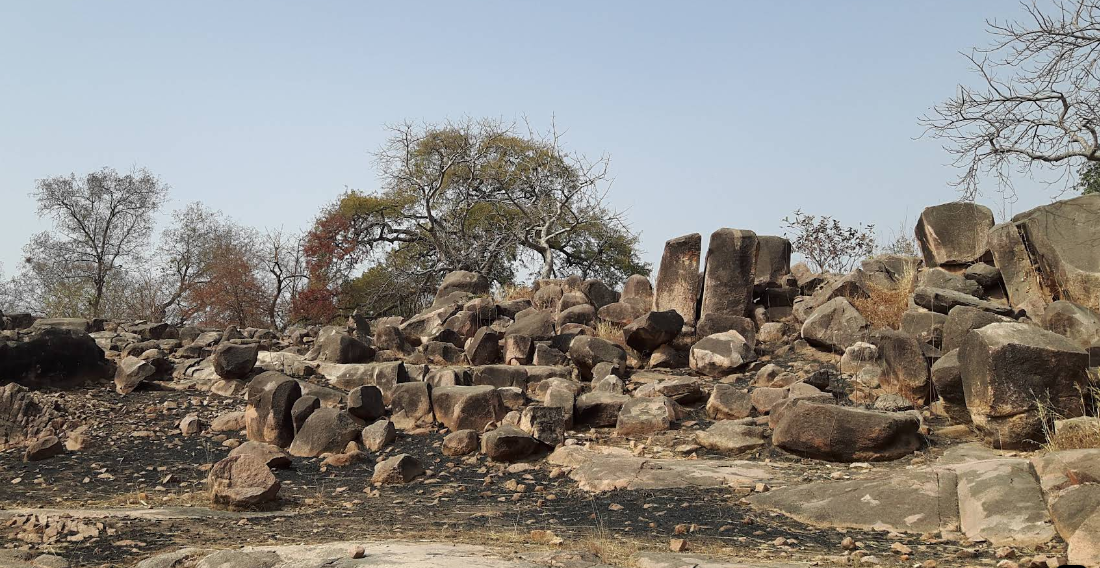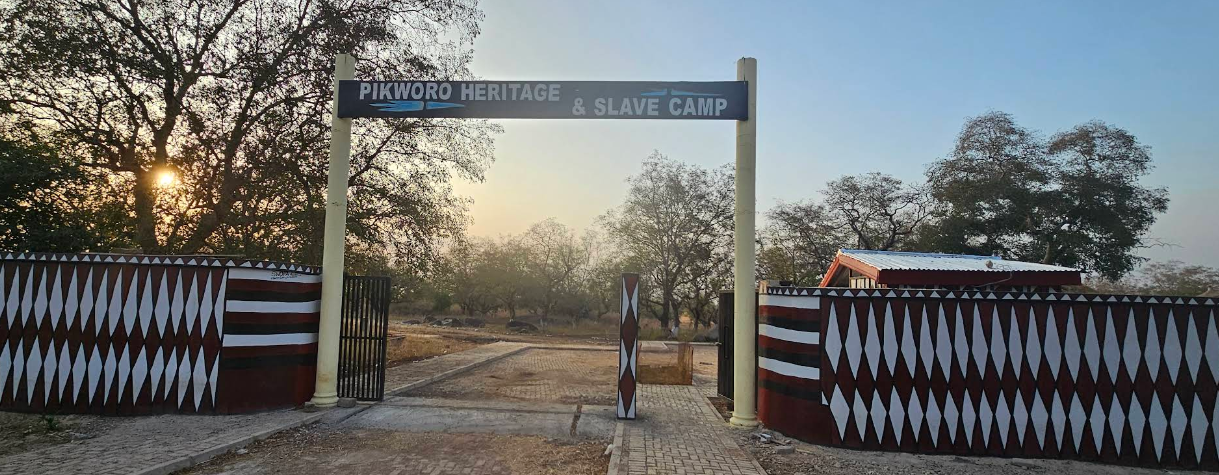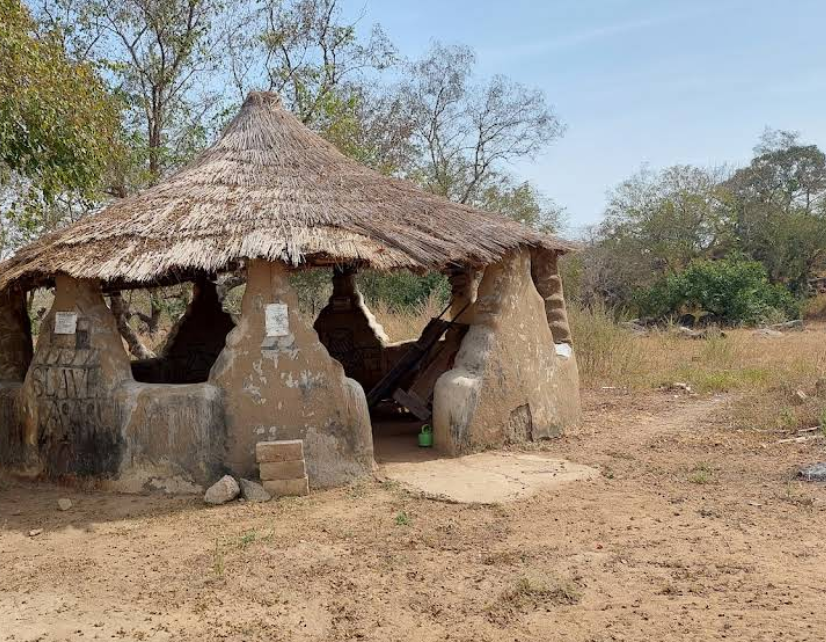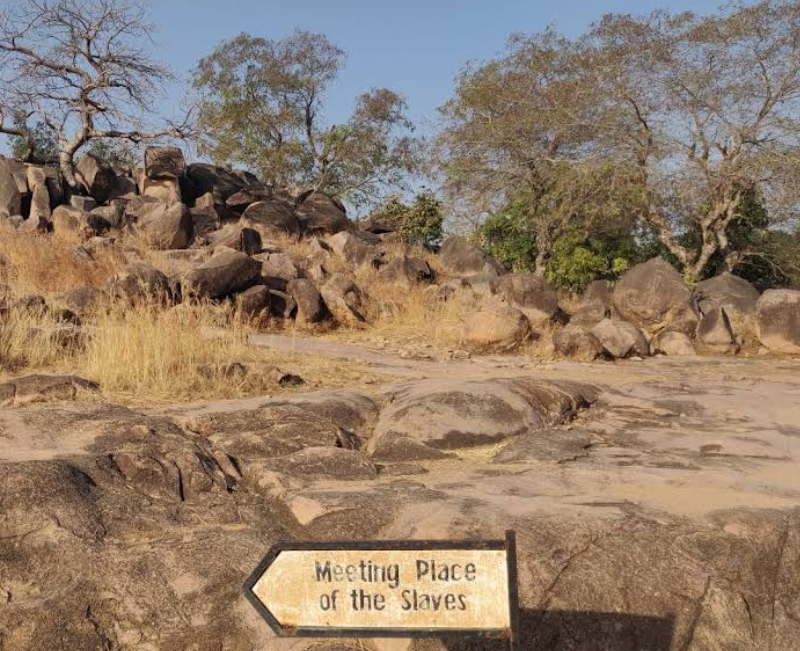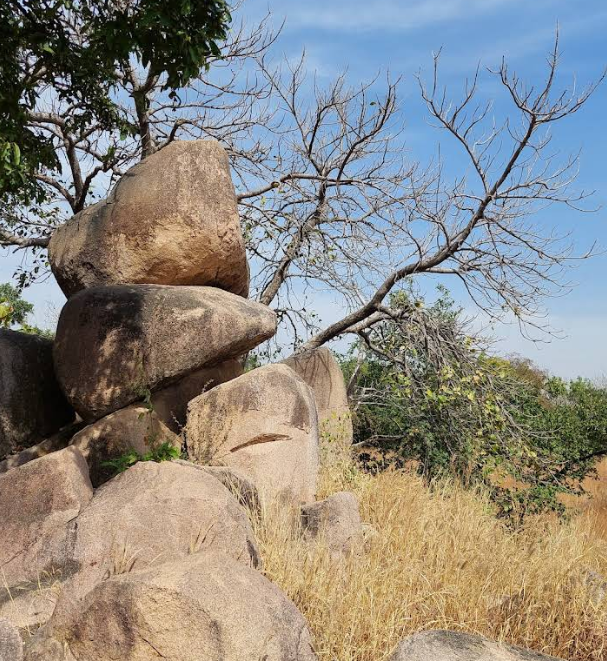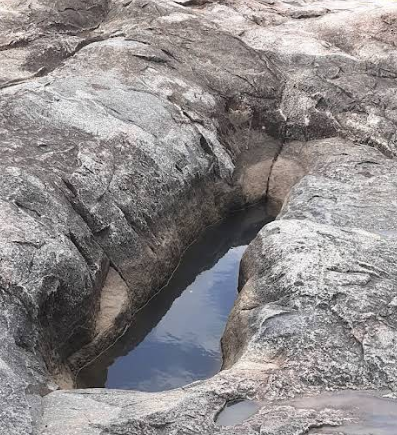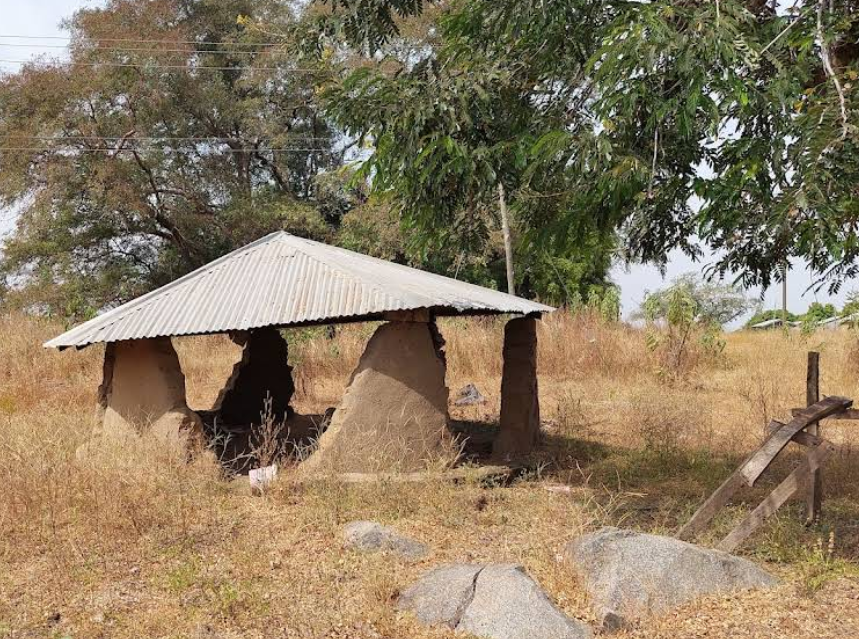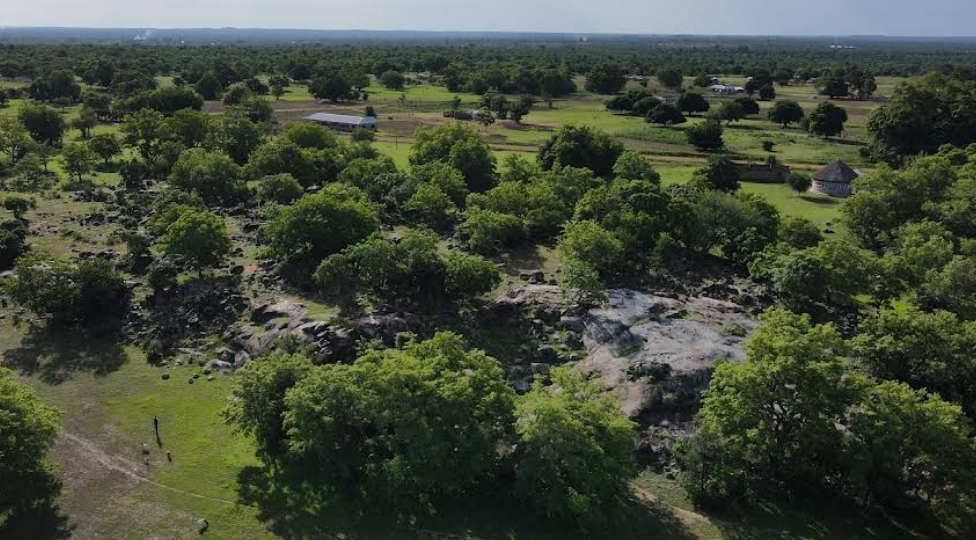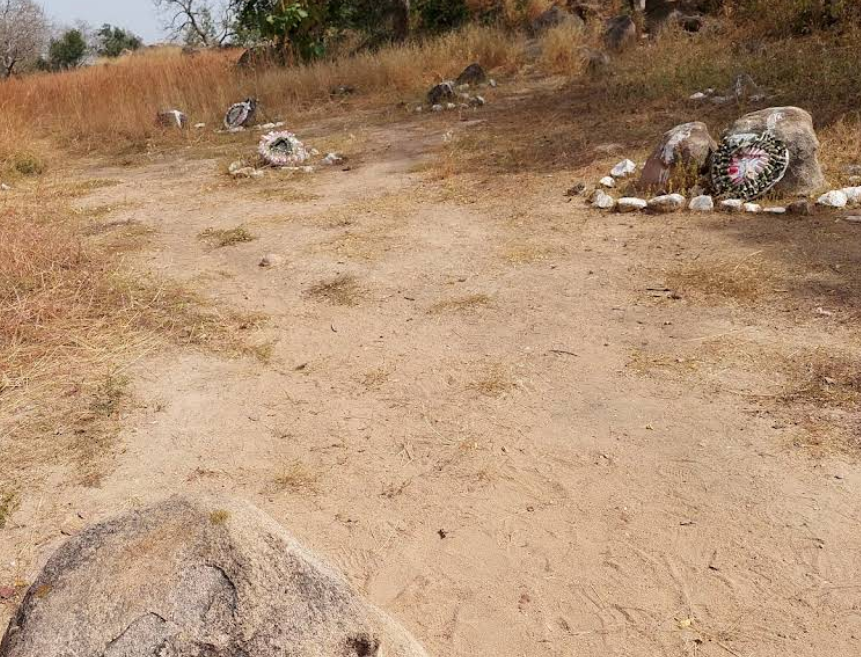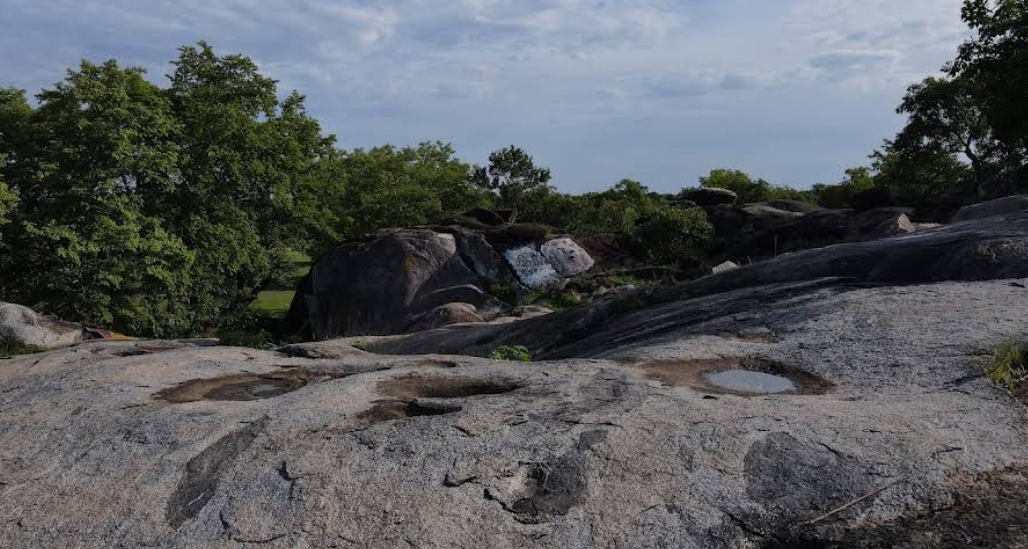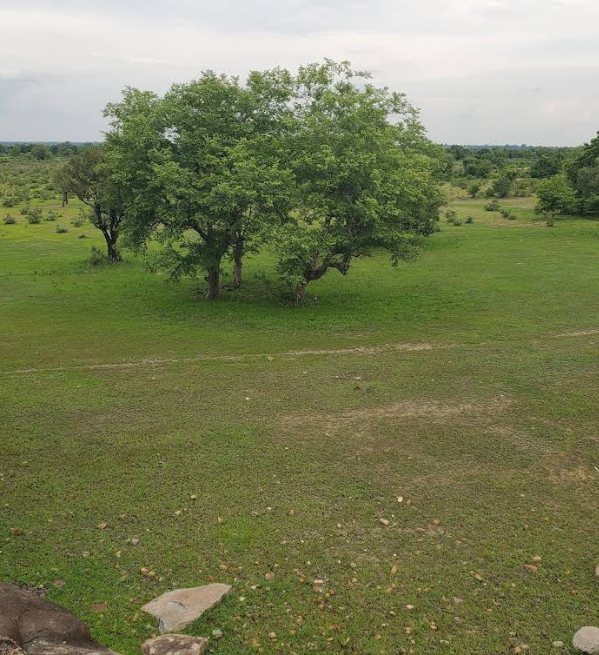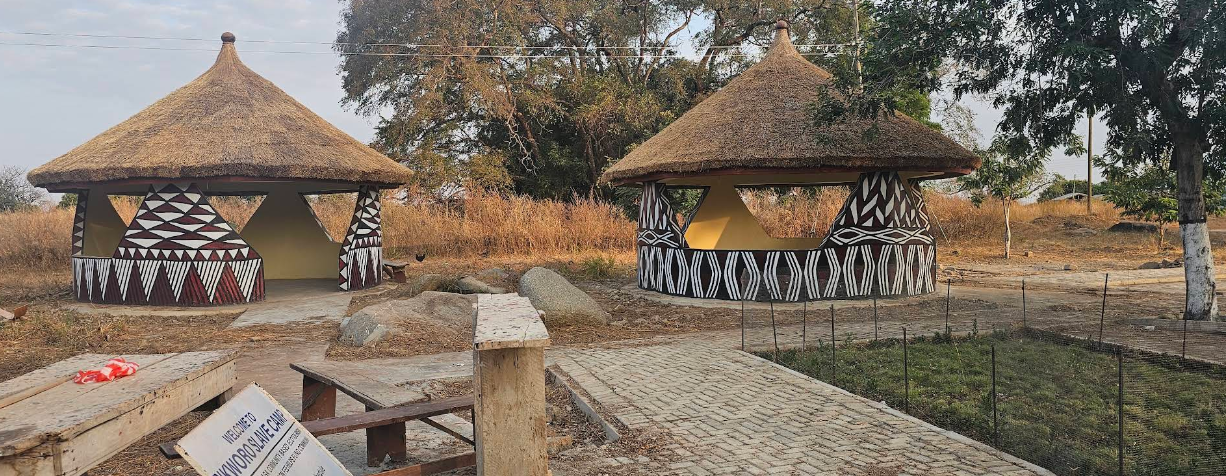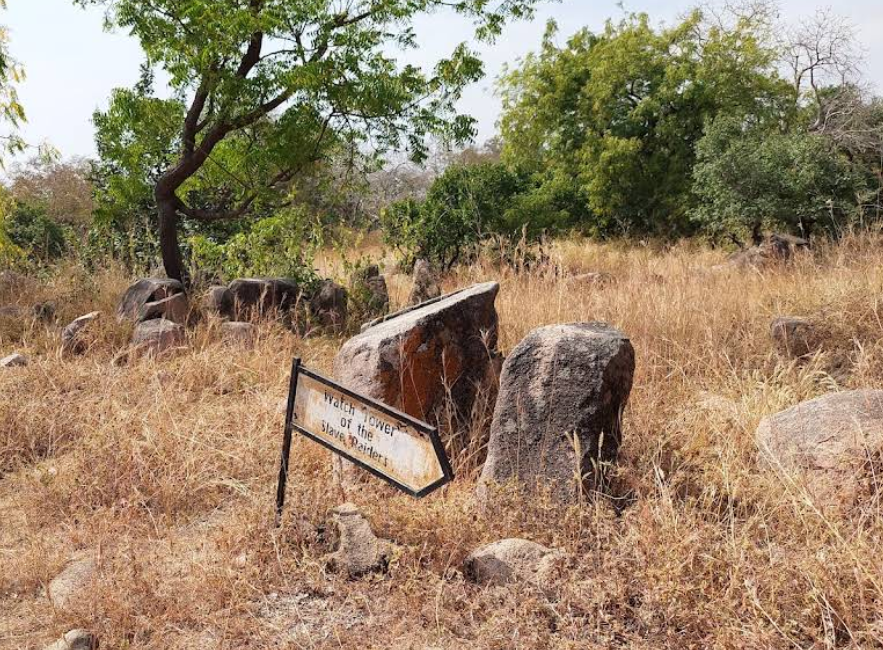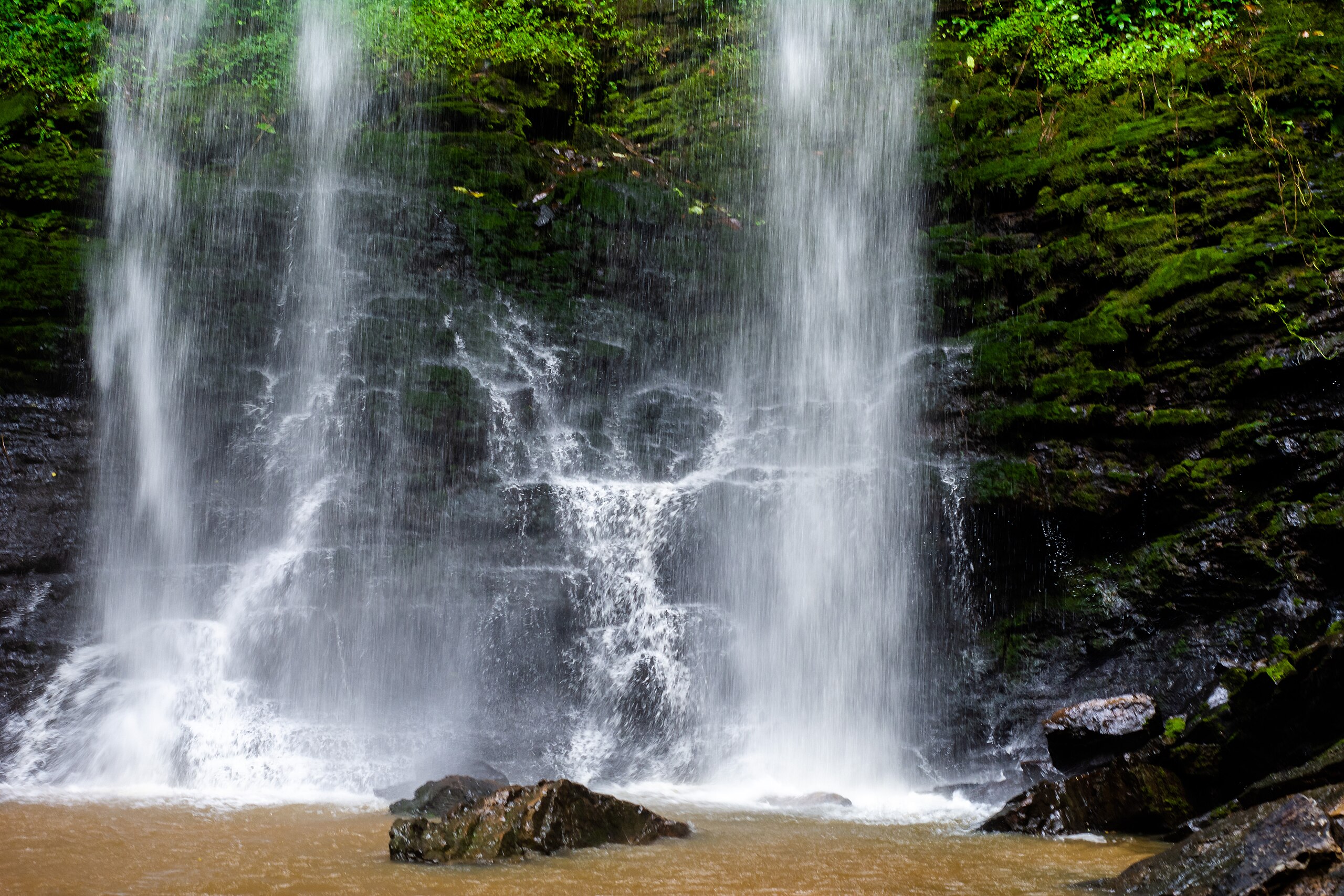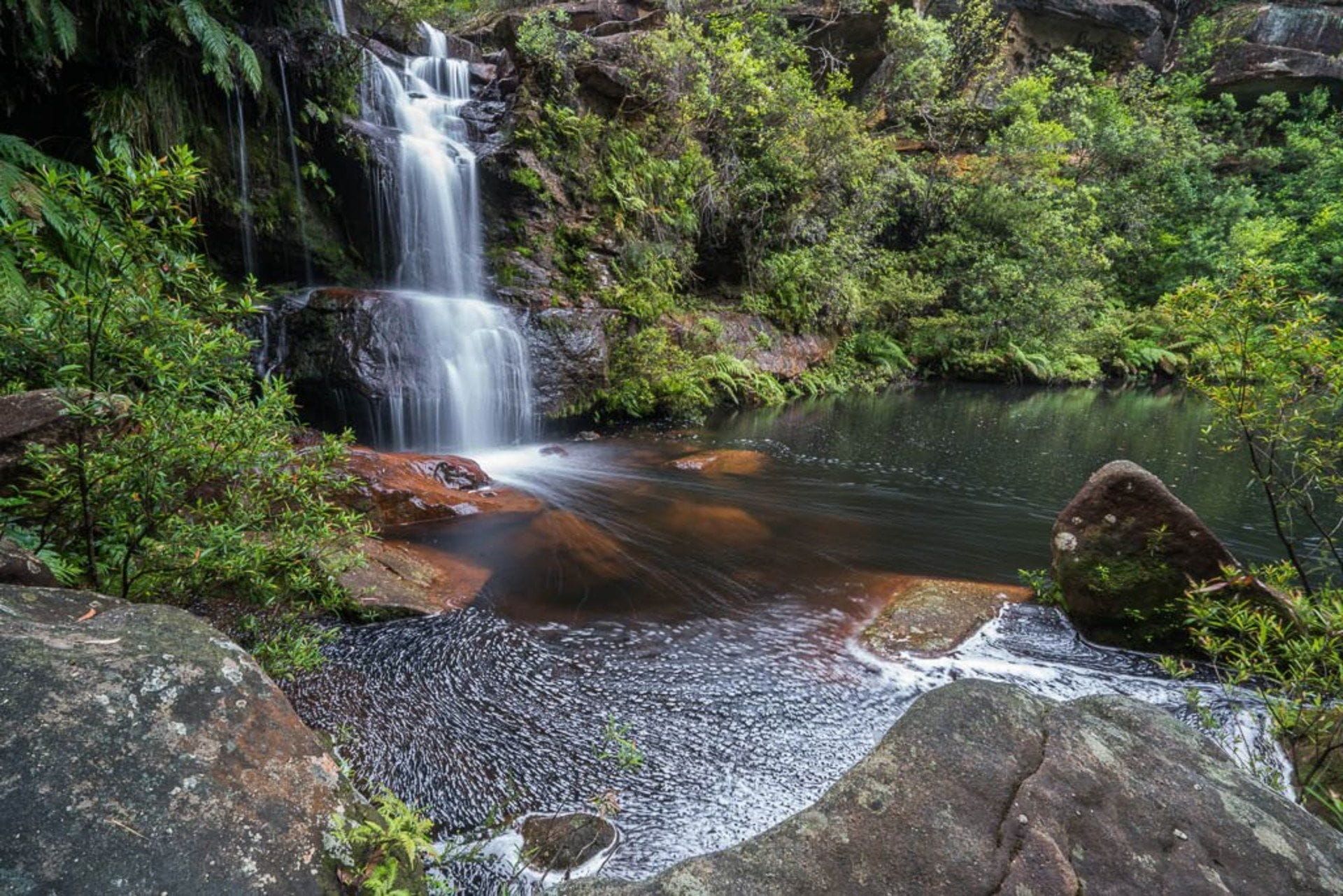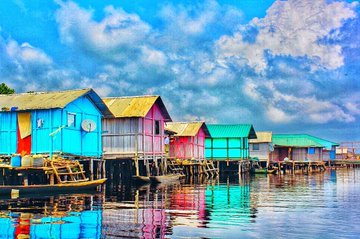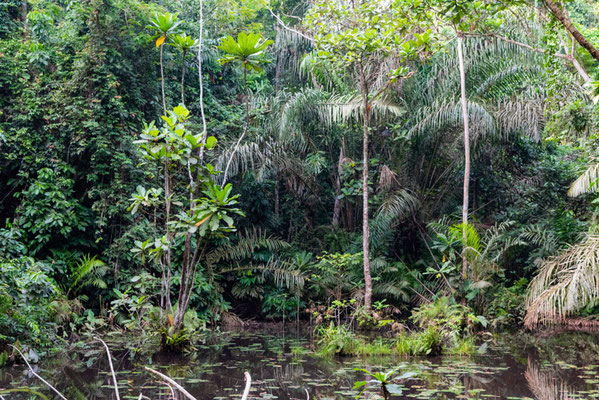
Pikworo Slave Camp
Founded in 1704 and operational until about 1845, the Pikworo Slave Camp served as a transit center for enslaved Africans. Captives were held here bound to trees, fed from carved rock bowls, and monitored before being marched roughly 150 km south to the Salaga slave market and ultimately to the Atlantic coast for shipment.
Notably, infamous slave raiders such as Samori Touré, Babatu Zato, and Bagao, who sold captives to European traders from France, England, and the Netherlands, oversaw this camp.
Distinct relics remain:
· Rock-carved eating bowls
· Gashes in stones used for cooking water
· Lookout points on high rocks where guards prevented escape
Visitors can view the punishment rock, where captured slaves were exposed to extreme heat as punishment, and the slave master’s lookout post. A gravesite for slave traders adds a somber layer of reflection.
Since 2023–24, the site has undergone renovations funded by the Ghana Tourism Authority to protect this heritage. Completed developments include:
· Administration block with reception, waiting area, and souvenir display
· Summer huts, washrooms, landscaped grounds, and a perimeter wall
· Signage and relative infrastructure to improve visitor experience
the second phase featuring gravesite restoration and fencing is being finalized. The site was officially inaugurated in December 2024.
Related content
Interdum et malesuada fames

